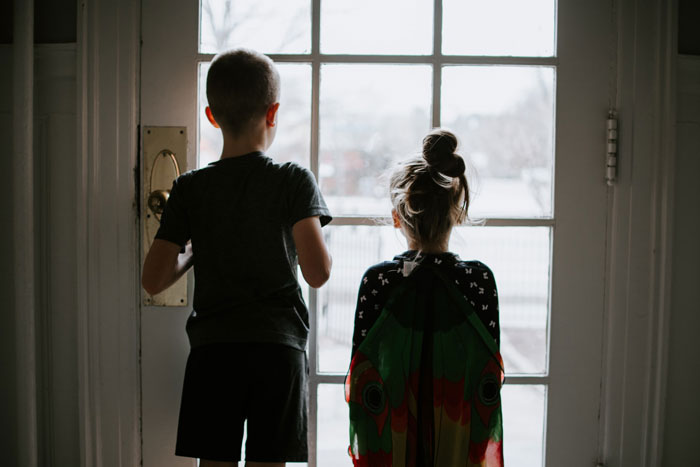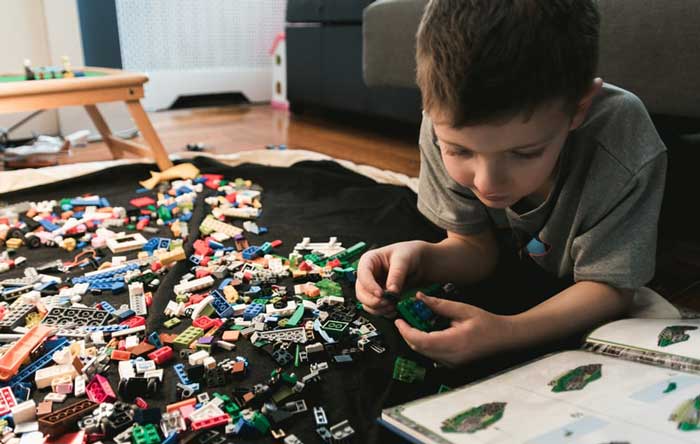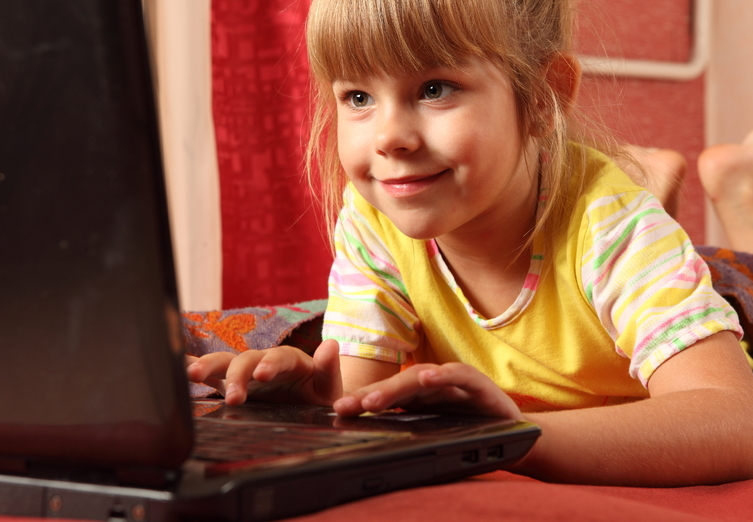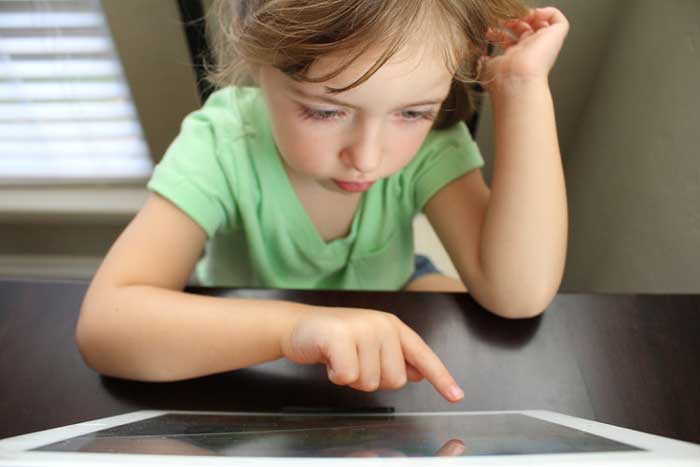I Can’t Play with My Kids Anymore: How to Survive Self-Isolation with Children?
Coronavirus drives people crazy. It concerns those who are not ill – for instance, parents sitting at home with their children. What if there is no energy left to play with the child? And how to smooth out conflicts with children during the quarantine? We answer the most common questions of parents in isolation.
What if the child has increased the level of aggression? To brothers and sisters, to parents: lashes out with fists, yells at them?
We can say that this is a biological phenomenon, it is a fact many times described scientifically. When people are locked up and forced to contact with each other more than they would find comfortable, their level of aggression rises. There is an increase in hormones responsible for aggression. I t is important to understand this. It is not surprising, it is absolutely natural. You can also talk about this with kids.
“Of course, you are not happy right now because everything is not the way you are used to. You cannot go to your grandmother, go in for sports. It annoys you, and I sympathize with you.”
You can handle aggression only by turning it into sympathy. We need aggression to be turned into regret.
“Yes, not everything is the way I want. Yes, I am tired of everything” – sympathize with the person in this condition. It is important to talk with the kids about what is happening to them and to position yourself as someone who sympathizes. If you manage to transfigure this irritation and aggression into self-pity, this will be an environmentally friendly way out of aggression. The mood usually rises after this.
What if I have absolutely no resources to continue playing?
If you don’t have the resources to play, you must be losing it somewhere. Your life is arranged in such a way that there is absolutely no strength for it. Start by revising what you do during the rest of your time: are there some not-so-obligatory things that you can discard and spare some energy? It is clear that an adult may not be interested in playing with cars or something like that.
However, board games are very exciting for adults – try them! This can be a moment to recharge your batteries and relax. Perhaps you will also like them a lot. Or some kind of mobility: to run after each other or to take some funny dance from the Internet and learn it together – this is the game for you. These are useful movements and emotions for both of you.
Relations between older and younger children during the forced quarantine and isolation aggravate severely. In particular, the older child envies the younger one.
Make sure that the elders have privileges. The status of an elder child does not mean that he must always give in and that he should never hope for anything good.
Address the elder child as a partner, as a conscious person, support and encourage him, tell him how he helps you with the younger one.
Even if the help is scarce, be sure to give feedback: you appreciate this help, your load has reduced, you feel relieved. This is what compensates for the hardships of the older child’s status: the kid receives gratitude from his parents and recognition of his special status. If you do not make the elder child responsible and guilty for not keeping the younger ones happy, the tension will subside.
How to support teachers? How to cooperate with them?
Yes, supporting teachers is very important now. They are at a loss and do not really understand whether they are doing good or bad. When it comes to distance education, the most difficult thing for a teacher is lack of feedback. When you talk to children live, you always adapt. When you sit in front of the screen, you do not see this feedback.
Therefore, be sure to give teachers feedback on everything that they did.
If the child carried out some task with enthusiasm, if he came inspired after your lesson, if he said: “Oh, I miss going to school and seeing the teacher!” – be sure to inform the teacher about it! She got used to it. When we have something, we do not really realize it. When the teachers lost it overnight, they began to complain that it was intolerable for them to work without contact with children.
Give the child an idea that after an interesting lesson he can write to the teacher in WhatsApp and say what was interesting, or send a picture that he has drawn or something else. This is at least some opportunity to compensate for the failure in communication, which is now experienced by both children and teachers.
How to help teens abandon gadgets?
Teenagers play board and communication games very well. If you do not get enough of such games, you can gather friends or relatives through the Internet. Do not present it to the teenager as: “Stop sitting at your computer, go and play something!”
What is good to know
If you sit at home
Just start playing yourself and they will catch up. Play what you yourself like to play. You can even play poker (the winner receives all the chips). Ask teens to tell what hobbies they have, what they do, what they have learned.
Teenagers find it very difficult to stop using their gadget, when every separation with it is accompanied by the manifestation of discontent on your part. Requirements, moralizing, depreciation, attempts to tell them how they are doing everything wrong. In this situation, they hide behind the closed door and spend hours in front of their computer.
If they understand that it’s a funny, supportive, friendly communication — and this is what adolescents lack most of all, — who will refuse to get it?!
How not to pass on your anxiety to the child?
You cannot fail to pass on anxiety, if it is strong. Children are emotionally connected with parents, they will also feel anxiety. The most reasonable thing is to work with your anxiety. It must be remembered that anxiety is one of the most unhelpful emotional states, at least in the long run. Since we worry, nothing will change by itself. If you have anxiety, ask yourself the question: “What can I do?”
Anxiety is only useful when it leads us to some kind of action. If you make some decisions based on this anxiety, for example, if you buy food stocks or master a new specialty, purchase masks, and so on, you give the alarm a way out. Then it becomes constructive.
Our brain is designed for the following cycle: we are anxious – what can we do? – the appropriate behavior turns on – the answer is found – the action is taking place. And this is where anxiety ends. Anxiety without action makes no sense.
You are reading something endlessly, you worry about something, you discuss something without any actions. Such anxiety drains you, and it is impossible not to infect the child with it. First of all, it is important to take care of yourself so that your own anxiety level reduces. A huge amount of all kinds of materials from psychologists are available now. Try everything! What suits you is good!
How to talk with children about all this?
You don’t need to talk about all this with young children, they don’t really understand.
It is important for preschoolers to hear that adults know what to do. Yes, there is a problem, there are difficulties. Yes, we must abide by certain rules, but adults know what to do. Adults know the rules. Adults have a plan. There are professional doctors – they know what they are doing. There is a government – it also knows what it is doing. Preschool children should not take this responsibility.
They can be told about what they can do: wash their hands, talk to grandmother on Skype not to feel bored, do some simple things.
Schoolchildren find it important to know what they can do. How can they help?
They can help parents with household duties, they can help with younger children, they can help by taking care of their studies following the rules of personal hygiene, or wiping the buttons in the elevator with a sanitizer.
See what items we often forget to sanitize:
Children of this age find it very important to be a contributor. It is not enough for them to know there are some smart adults who know everything. Their anxiety also needs action. Therefore, we must tell them the specific actions that they can do. You have contributed, you have completed your part of the work, you have acted well.
Teenagers have the right to know everything, analyze all the information, ask any questions. You can share your thoughts with them, discuss what they want to discuss. You can talk with them about what they could do. Many teenagers bring groceries to their elderly neighbors, teach older people how to use the Internet, and help them pay bills remotely.
Such tasks can become a social burden for adolescents, which will allow them to feel part of the overall process aimed at coping with the problem.
School graduates now have a lot of uncertainty. How can a teenager be supported in this situation?
There is no particular uncertainty. Examinations will still take place – sooner or later, in one form or another. It will still be necessary to enter the institute, if we prepared for it and were focused on doing so. The child has been preparing, so let him go on doing this. It is very good that the child does not waste time now going to school – you can get ready more safely, get enough sleep, work with tutors or on your own.
It is important that the child moves at least somehow, finds distraction and does not work around the clock. In fact, nothing special will happen – there will be variations within small limits.






